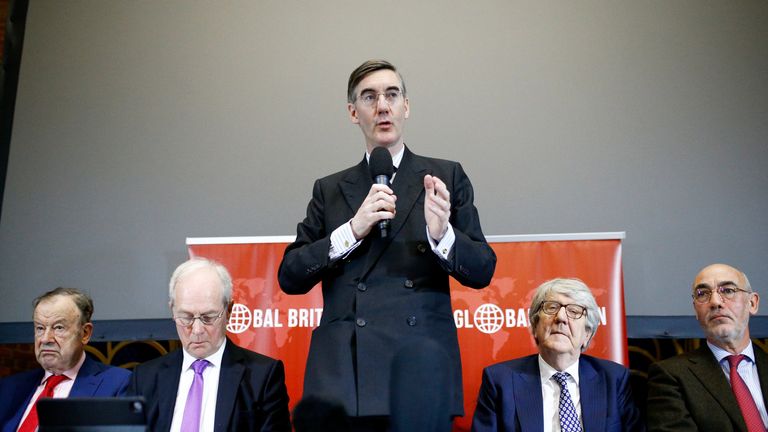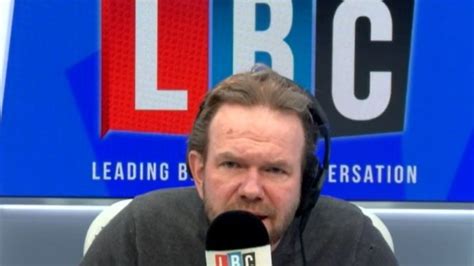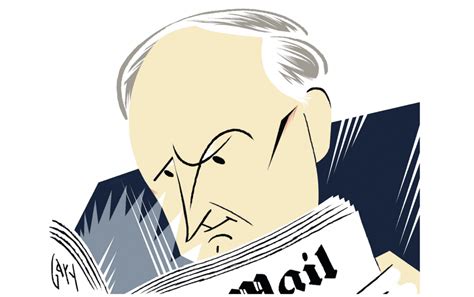[un]Pop-Cons
Tories want war chalked on the brickwork of a railway bridge is my first ‘political’ memory. The bridge was opposite Southfields station on the London Underground. It was probably the 1950 election. And the war reference may [or may not] have related to Korea.
That memory is triggered by the launch of a new Conservative Party group known as the [deeply Un]Popular Conservatives. Or Pop-Cons for short. The nominal leader is Mark Littlewood, lately Director of the libertarian, free-market Institute of Economic Affairs [the IEA]. Prominent members include the unspeakable Liz Truss, the equally unspeakable Jacob Rees-Mogg, ex-Tory party deputy chairman Lee Anderson, ex-Home Secretary Priti Patel, and ex-BREXIT negotiator and whisky salesman Lord Frost. And Nigel Farage, attending as a journalist, but hailed by Rees-Mogg as a fellow Conservative. The group’s declared aim to to “lobby the government on culture war issues” [sic], and to give the public back “freedom over their own lives”. To that end they are deeply suspicious of faceless organisations, by which they mean judges, quangos, and human rights organisations. Their other declared concerns are to “cut taxes” and to “stop the boats”.

Cutting taxes in the present economic climate is a mark of insanity. Or greed. There is a well-rehearsed list of public concerns in the UK: the state of the NHS, with particular reference to hospital waiting lists and mental health provision; declining educational standards in schools, alongside a steady increase in classroom violence; the release of sewage into our rivers and seashores on an industrial scale; the lack of dentists; the poor quality of many of our urban roads; grossly overcrowded prisons; crumbling dams and other infrastructure; dirty rolling stock and poor time-keeping on our main railway lines. Dealing with these issues requires a government that will prioritise such concerns. And it will cost an awful lot of money. But the Tory party is obsessed with tax cuts. Presumably because most MPs do not themselves use the services on which many of their constituents rely. Tax cuts serve to make the rich richer. And society more unequal.
It is more than a decade since Richard Wilkinson and Kate Pickett wrote The Spirit Level [pub 2009].. Why do we mistrust people more in the UK than the Japanese do ? Why do Americans have higher rates of teenage pregnancy than the French ? What makes the Swedes thinner than the Australians ? The authors demonstrate, based on years of research, that almost everything is affected not by how wealthy a country is, but by how equal it is. Tory politicians bleat on about wanting to make the UK a “high growth, low tax economy”. But the truth is that societies with a bigger gap between rich and poor are bad for everyone – including the well-off.

‘Stopping the boats’ is another Tory party mantra. The infamous BREXIT campaign trumpeted ‘Take control of our borders’. The truth is that the number of immigrants crossing the Channel in small boats has gone up dramatically in recent years. And leaving the European Union means that we are less well-placed to participate in European initiatives to respond to unprecedented people movements. The boat people are anyway far fewer in number than overseas students and Hong Kong passport holders. Both of whom are allowed free access. And no politician seems willing to ask why the UK economy is unable to function [from Windrush onwards] without a steady influx of immigrants. Or what we might do about it.
Culture wars
I’ve been depressing myself these cold January days by reading James O’Brien’s book How they broke Britain. which Craig gave me for Christmas. O’Brien [b.1952], of whom I’d never heard, is a radio presenter, podcaster, and tabloid journalist; a Roman Catholic, educated at Ampleforth and the LSE. For two decades O’Brien has been a full-time presenter on LBC, in which role he has clashed with a number of people including Frank Lampard, and Ian Duncan-Smith, and Nigel Farage. In How They Broke Britain [published in 2023] O’Brien “reveals the shady network of influence that has created a broken Britain of strikes, shortages and scandals“. Each chapter focuses on a “particular person complicit in the downfall”. The targets are, I guess, predictable: media men, Rupert Murdoch and Paul Dacre; political fixers, Matthew Elliott and Dominic Cummings; Nigel Farage; and former UK prime ministers, David Cameron, Boris Johnson, and Liz Truss. The book is essentially a charge sheet; a compendium of bad behaviour and bad people. It is, in O’Brien’s words: “a tale of loss and betrayal; … of unbridled arrogance and unchallenged ignorance … of personal impunity, warped ideology, and political incompetence”.

Much of this stuff is familiar. The lies over BREXIT and the incompetence over the COVID epidemic are well known. But I was interested in what O’Brien says about ‘culture wars’. [A phrase I still don’t really understand.] Paul Dacre, editor of the Daily Mail for 26 years, is a key figure here. Back in January 2007, when he gave the Hugh Cudlipp memorial lecture, he claimed: “The BBC exercises a kind of cultural Marxism in which it tries to undermine conservative society by turning all its values on their heads”. Under Dacre’s editorship, the Mail displayed an increasing obsession with the BBC, with progressiveness, and with foreigners. A succession of blatant lies in its coverage of the BREXIT debate caused the editors of Wikipedia to vote overwhelmingly to ban it as a trusted source for the website. In the run-up to the BREXIT referendum in May-June 2017, Dacre elected to put immigration scaremongering on the front page of the Mail on 17 of the 23 weekdays leading up to the referendum. Featuring “EU killers and rapists we’ve failed to deport” and the “one-legged Albanian double killer”.

In the months following the referendum the Mail launched a campaign [enthusiastically taken up by a Tory whip, Chris Heaton-Harris] to uncover the names of academics teaching European affairs who had voted Remain. Dacre’s own values are unclear. In November 2008 he described a judge, Mr Justice Eady, as ‘amoral’ because “he rejected the idea that adultery was a proper cause for public condemnation”. Fifteen years later Johnson, the sexually incontinent serial adulterer, was on his payroll, reportedly being paid £500,000 a year. Dacre is the anti-Establishment figure who craved a seat in the House of Lords and sent both his sons to Eton. He is a sworn enemy of the EU, who was happy to take at least £400,000 in EU subsidies for his hunting and shooting estate in the Scottish Highlands. He is the scourge of the quangocrats who tried hard to chair the quango Ofcom.
Lessons from China
I seem to have spent quite a lot of January walking round the hill, and trying to keep warm, and worrying about our gas bill. [Our energy supplier, Octopus, produce a monthly bill for electricity, but only quarterly for gas.] As a happy change from reading about shady journalists and corrupt politicians, Susie and I went to a workshop at the University of Edinburgh on Saturday in the Playfair Library. It was organised by the Eric Liddell 100 committee as one of a series of events marking the centenary of Liddell’s gold medal in the Paris Olympics of 1924. Which made him a popular hero among his fellow students who carried him through the streets of Edinburgh in triumph. Susie’s maternal grand-father, GP Littlewood, was a missionary in China for nearly 30 years; and at some point Eric Liddell organised children’s sports and activities for a group that included Susie’s mother and her twin sister.Successive speakers spoke about Liddell’s subsequent missionary time in China [humanly speaking it was a low-key, downward spiral; he died in a Japanese internment camp in 1945]; about the Christian history of the Chinese diaspora in Scotland; and about [the growth of] Christianity in China in recent years.

The workshop operated under Chatham House rules, so I can’t identify the speakers. But it was said by one of them that there are today somewhere between 40 million and 120 million Protestant Christians in China. [The Catholics are counted separately, it seems.] The Chinese were suspicious of Christian missionary activity which they saw as being linked to Western imperialism. And thus contrary to ‘Chinese values’. The dramatic numerical growth came after the the missionary period. And is almost entirely happening in indigenous churches with indigenous leaders. Which raises interesting questions about church life, and about the enculturation of the gospel, in the west against a background of continuing church decline.

When a speaker was asked how he explained the dramatic numerical growth of the church in China,he suggested that the three main attractors are: a search for peace; a search for healing; and a search for community. My experience of church life in the Diocese in Europe suggests that the situation here is not very different. That belonging is at least as important as, and may well precede, belief. That many people are looking for others that they can trust, and places where they feel loved. Here the Church of Scotland is busy re-organising itself for missional activity, with an emphasis on pioneer ministry. [Even if they/we are not quite sure what that means !] Lots of church leaders are seeking in different ways to ‘grow their churches’. I think that encouraging people to love one other may well be of more value than Alpha or any other course of apologetics.
February 2024